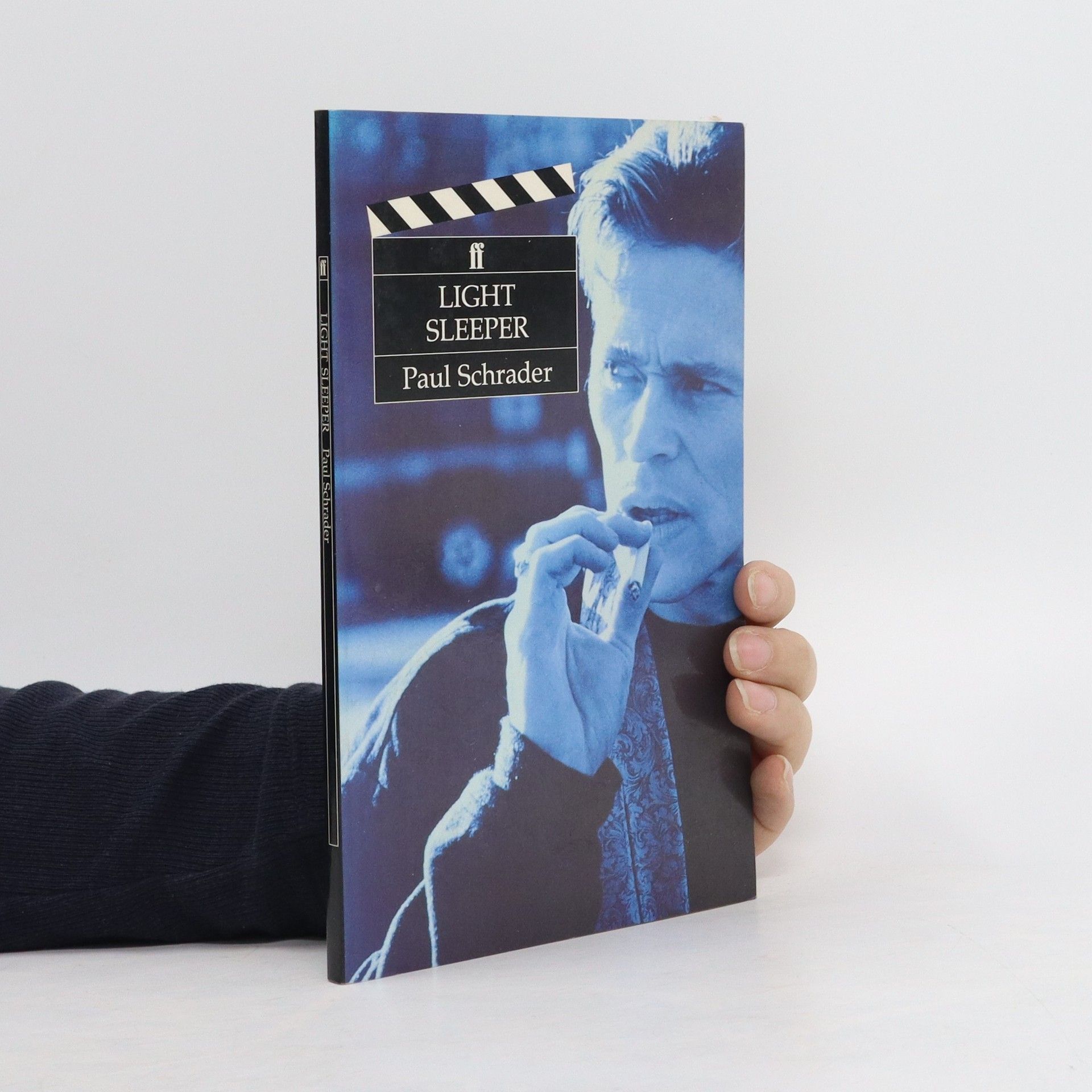A study of loneliness, crime and retribution that makes a third panel for the triptych which began with "Taxi Driver" and "American Gigolo". John le Tour is an up-market drug-dealer who has turned 40 and is facing a turning point in his life as his boss is about to quit drug-dealing.
Paul Schrader Livres
Paul Schrader, cinéaste souvent associé à la génération des « movie brats », a tracé une voie distincte. Son éducation dans un foyer calviniste strict a d'abord limité son exposition au cinéma, mais cela a favorisé un engagement profond et critique avec le médium après ses études. Le travail de Schrader en tant que réalisateur et scénariste se caractérise par un profond intérêt pour le cinéma transcendantal, s'inspirant de réalisateurs tels que Bresson et Ozu, une passion qu'il a explorée dans ses écrits critiques. Ses films sont reconnus pour leurs audacieuses explorations stylistiques et thématiques, opérant souvent dans le cadre hollywoodien tout en repoussant ses limites.





A loner, Travis Bickle, takes up driving a taxi in search of an escape from his sleeplessness and his disgust with the corruption he finds around him. His pent-up rage, fuelled by his doomed relationship with a political campaign worker, leads to an inevitable descent into psychosis and violence.
First Reformed
- 120pages
- 5 heures de lecture
Called “an ecstatic, arc-bright wonder and terror” by The New Yorker, this major work of art now receives a first printing, featuring a brilliant introductory essay by Masha Tupitsyn. This Academy Award-nominated screenplay is one of the greatest and most urgent in Paul Schrader’s long and decorated career. Called a “portrait of a soul in torment, all the more powerful for being so rigorously conceived and meticulously executed” in the New York Times, First Reformed follows the Rev. Ernst Toller as his crisis of faith coincides with a recognition of looming environmental catastrophe. It is an uncompromising work that seamlessly synthesizes a tribute to Bresson with a profound, existential meditation on the everexpanding devastation that humanity is spreading over the natural world. The crowning late period achievement for an undisputed legend of screenwriting, this is both a master class in concision, depth and emotional range, and a continually relevant work of activist import.